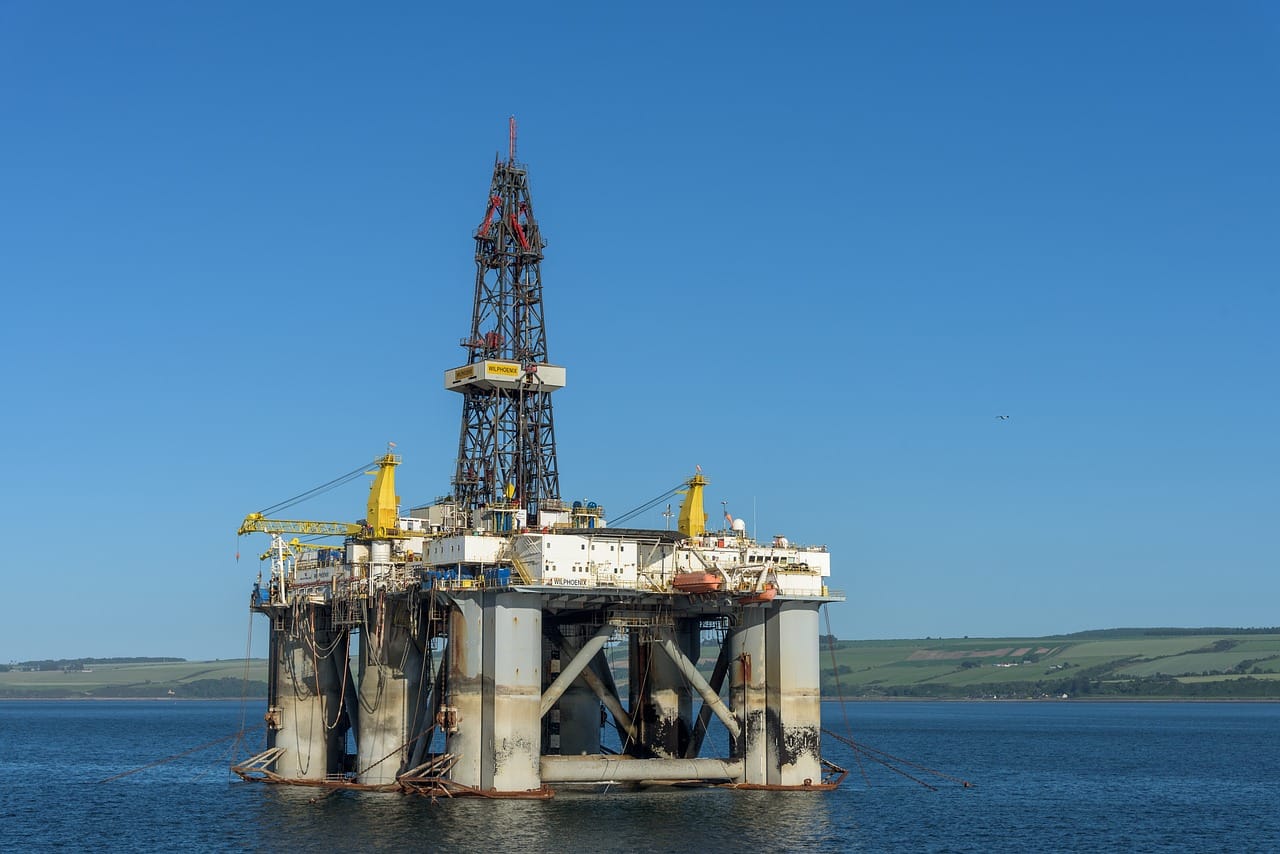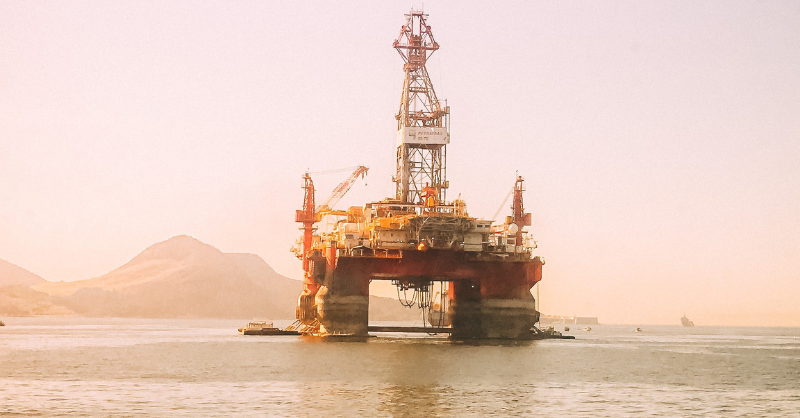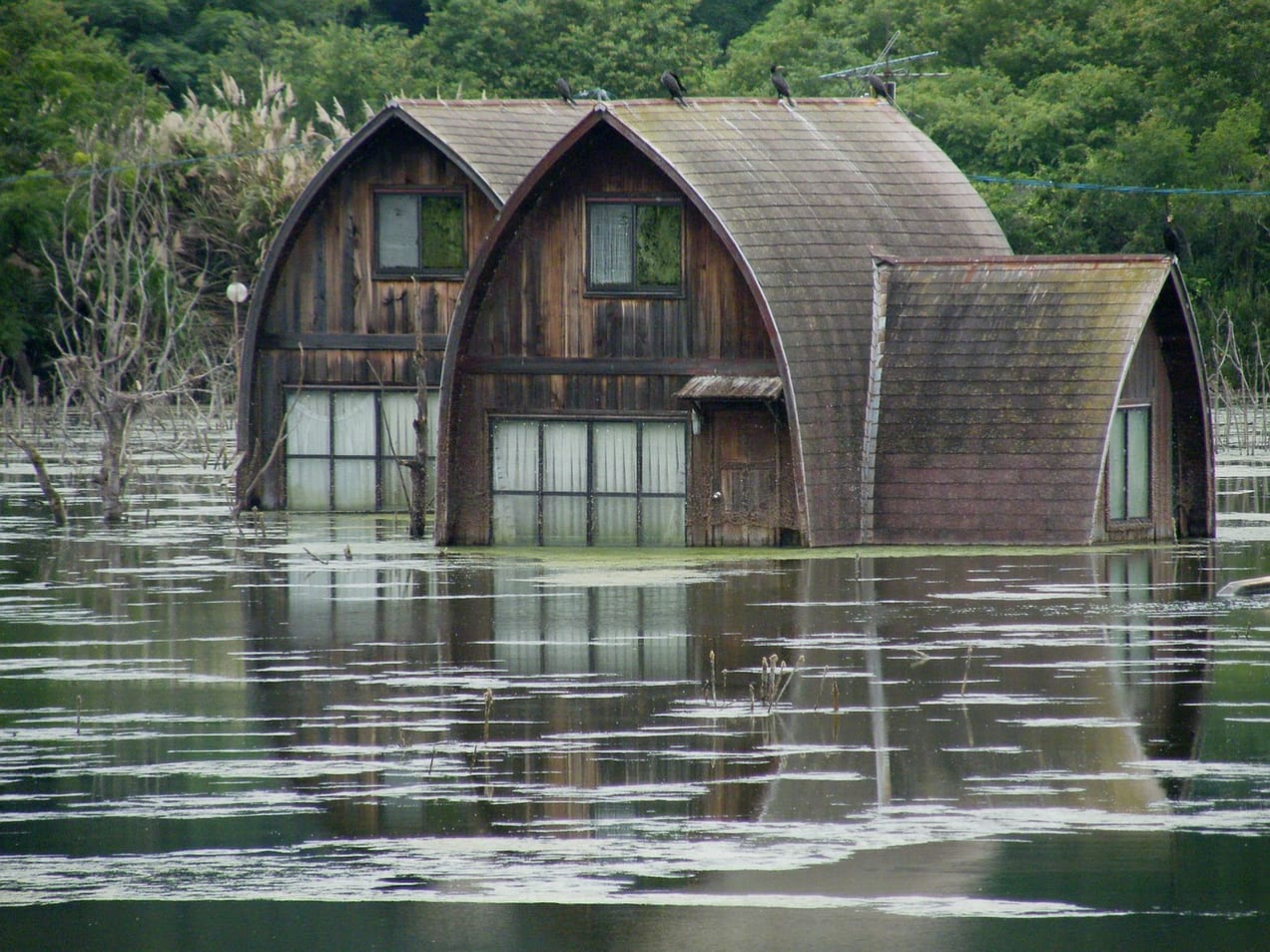
Why are we not cutting fossil fuel use?
A recent podcast from Rachel Donald (interviewing Ketan Joshi in an episode entitled Climate Delay and the Fossil Fuel industry) contained the following answer to the question - why is fossil fuel usage not falling?
"The answer is complex, of course. One part, though, is that governments are the biggest fossil fuel producers. The 13 largest energy companies on Earth, measured by the reserves they control, are now owned and operated by governments. The private companies in the industry—Shell, Exxon, BP—are rightly taking the heat in the fight but their combined output is merely 10% of fossil fuel production in the world. 90% is produced by state-owned companies"
👇🏾

As Ketan says, the answer is complex and this is just part of it. Other reasons include the reality that for many people the alternatives are either not available or not financially viable. As Albert Cheung (BNEF Deputy CEO) pointed out at an LBS event yesterday, while globally EV sales are rising strongly, in many countries percentage sales are still in low single digits.
I suspect that if you asked many people, even those in the finance and sustainability industries, who are the biggest oil producers in the world, companies such as ExxonMobil, BP or Shell would be high on the list. And this is why lobbyists put a lot of effort into lobbying these producers. And of course, being listed (quoted on a stock exchange where anyone can buy shares) they are the very public face of the industry.
Question : Why do you rob banks? Answer: Because that's where the money is. Attributed to Willie Sutton in Memoirs of a Bank Robber
But, let's pause for a second and consider, is this the approach that will deliver the outcome we want. Yes, it might be great for raising awareness.
But, even if the listed O&G companies, the BPs and Shells of the world, cut production, the others would probably just take up the slack. And we need to recognise that oil and gas production is still rising.
According to the Energy Institute 2023 Statistical Review of World Energy, oil consumption is nearly back to the pre-covid 2019 peak (2022: 100,255 thousand barrels per day cf 100,776 in 2019), and gas, at 3941 billion cubic metres in 2022, is higher than the pre-covid levels. Yes, the data is distorted by covid, but you get my drift.
So, what is the alternative (or maybe the parallel action)? One approach is to tackle the uses of fossil fuels. Invest in alternatives such as EVs, heat pumps, green hydrogen, and electrification/renewables. Make oil and gas redundant. It's an approach we discussed in a recent blog on engaging with the O&G industry.
Link to blog 👇🏾

This article featured in What Caught Our Eye, a weekly email featuring stories we found particularly interesting during the week and why. We also give our lateral thought on each one. What Caught our Eye is available to read in full by members.
If you are not a member yet, you can read What Caught Our Eye when it comes out direct in your email inbox plus all of our blogs in full...


Please read: important legal stuff.



